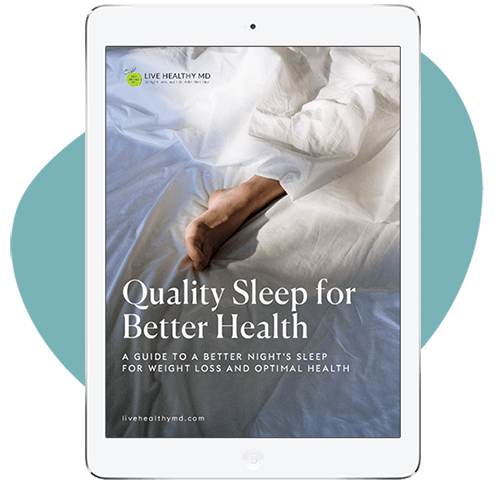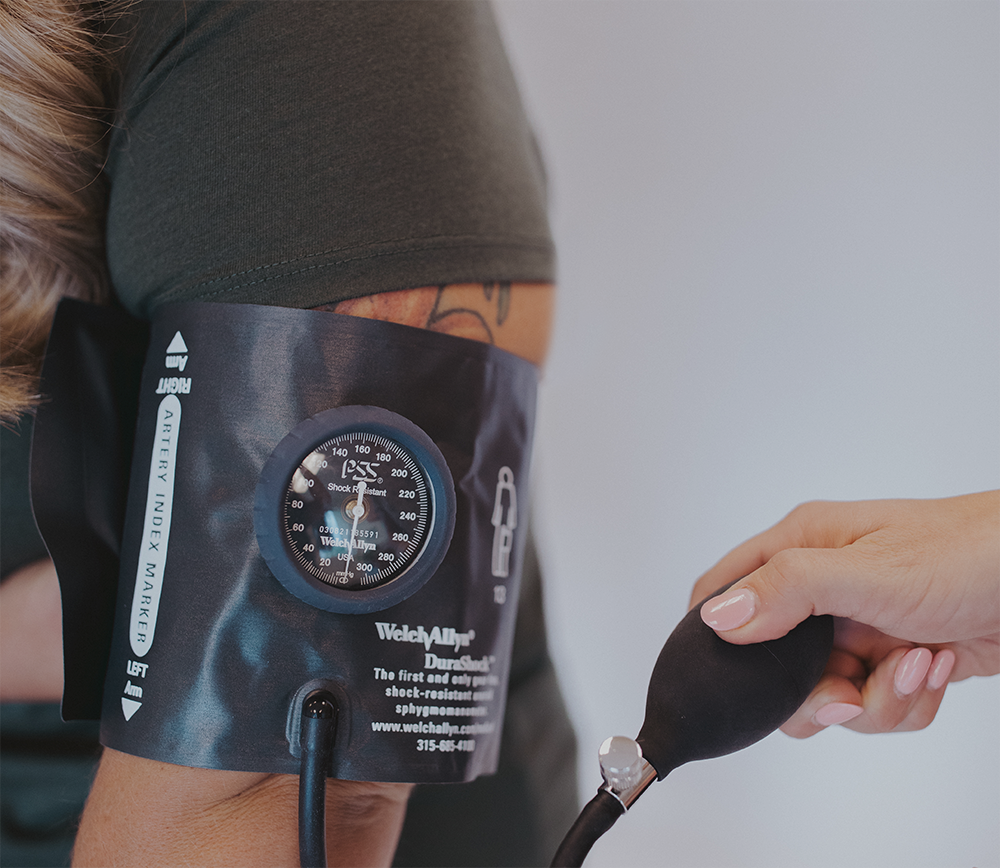
How often have you asked someone how they are doing and they respond by saying, "busy"? We live in a time when being busy is cool. Busy means making time for work, errands, family obligations, and of course binging on your favorite Netflix show. And oftentimes, what is sacrificed is your sleep and, in turn, your health. So if busy is cool, is bad health cool too?
You may be wondering, "how can a lack of sleep impact my health?" Well, I am glad you asked. There are many ways in which sleep deprivation plays a role in your mental and physical health.
Sleep is a vital part of living. Just like eating, drinking and breathing. So why are we so quick to give up sleep when the thought of giving up food, drinks or breathing has you gasping for air?
Sleep Deprivation
To understand sleep deprivation, it will first help to understand how sleep works. There are two types of sleep—rapid eye movement (REM) and non-REM. When you dream at night, you are typically in REM sleep.
REM is characterized by rapid, low-voltage brain waves, irregular breathing, and irregular heart rate. While non-REM, also a form of a deep sleep, occurs when the heart rate, breath, and blood pressure are slow and low. During non-REM, the brain waves will be slow and high-voltage.
At night, we experience 3 to 5 periods of REM sleep that occur in intervals of 1 to 2 hours apart. These periods of REM can last anywhere from 5 minutes to 1 hour.
When we talk about being sleep deprived, we are referring to you not going through enough REM and non-REM sleep cycles. This ultimately affects your ability to function at your optimal point throughout the day.
Sleep and Your Health
The better you sleep at night, the better you feel. But aside from the physical effects, how can sleep play a role in your mental and emotional well-being too?
1. Brain Function
When you get a good night's sleep, you are able to perform better at work/school. Your cognitive ability and your ability to learn/absorb knowledge significantly increases. Also, when you are well-rested, you have a stronger ability to focus and make decisions—whether strategic or creative. In turn, sleep can help to advance you in your career, education, or personal life.
2. Emotional Well-Being
We now know that a lack of sleep can affect your brain function and your capacity to make decisions. This can ultimately impact your ability to control your emotions and behaviors. Sleep deprivation has been linked to out-bursts, depression, lack of motivation, stress, anger, and other negative emotional behaviors.
3. Physical Health
Aside from feeling sluggish, sleep deprivation negatively impacts your physical health over time. Sleep is a time for your body to heal and repair itself. When you are not getting enough hours of sleep each night, your risk of developing diabetes, heart disease, high blood pressure, and obesity increases greatly.
Diabetes and Obesity
There are 2 types of hormones that affect our feelings of hunger and satiety; leptin and ghrelin. Sleep impacts these hormonal levels, therefore influencing our desire to eat and the ability to stop eating. This can lead to obesity over time.
Similarly, a lack of sleep results in the release of insulin and when there is too much insulin in the blood, you are at risk of developing type 2 diabetes.
Heart Disease and High Blood Pressure
Not getting enough sleep increases a patient's risk of developing cardiovascular disease. This is because when we sleep, our blood pressure drops. Therefore, when you don't get enough sleep your blood pressure stays elevated for longer periods of time. When you have continued high blood pressure, you are at risk of developing heart disease or having a stroke.
Immunity
When we sleep at night, our body releases cytokines, a protein that aids in fighting off infections in the body. When you don't get enough sleep at night, your cytokine production decreases thus making your body vulnerable to infections and common colds. This can also mean that it will be harder for your body to fight off the infection, leaving you sick for longer than you would like.
How to Improve your Health with Sleep
Based on what we have reviewed above, a lack of sleep can negatively impact your health. So what can you do to make sure you are getting enough sleep at night?
- Stick to a sleep schedule
- Turn off electronics at least 30 minutes before bed
- Keep your bedroom cool and dark
- Don't eat fatty or sugary foods before bed
- Get enough physical activity throughout the day












